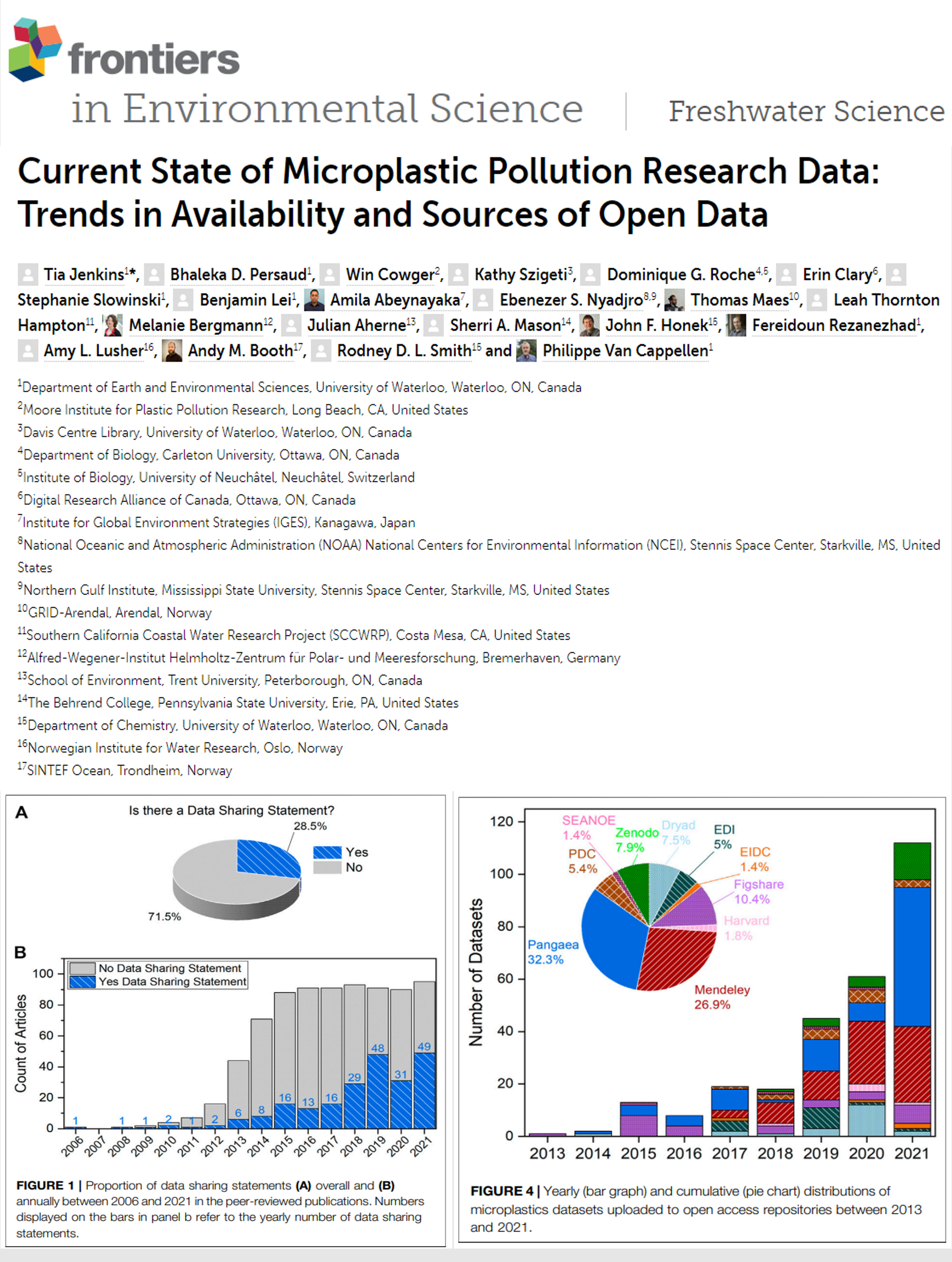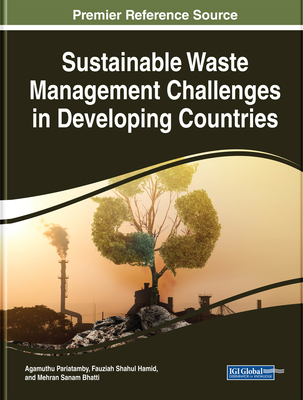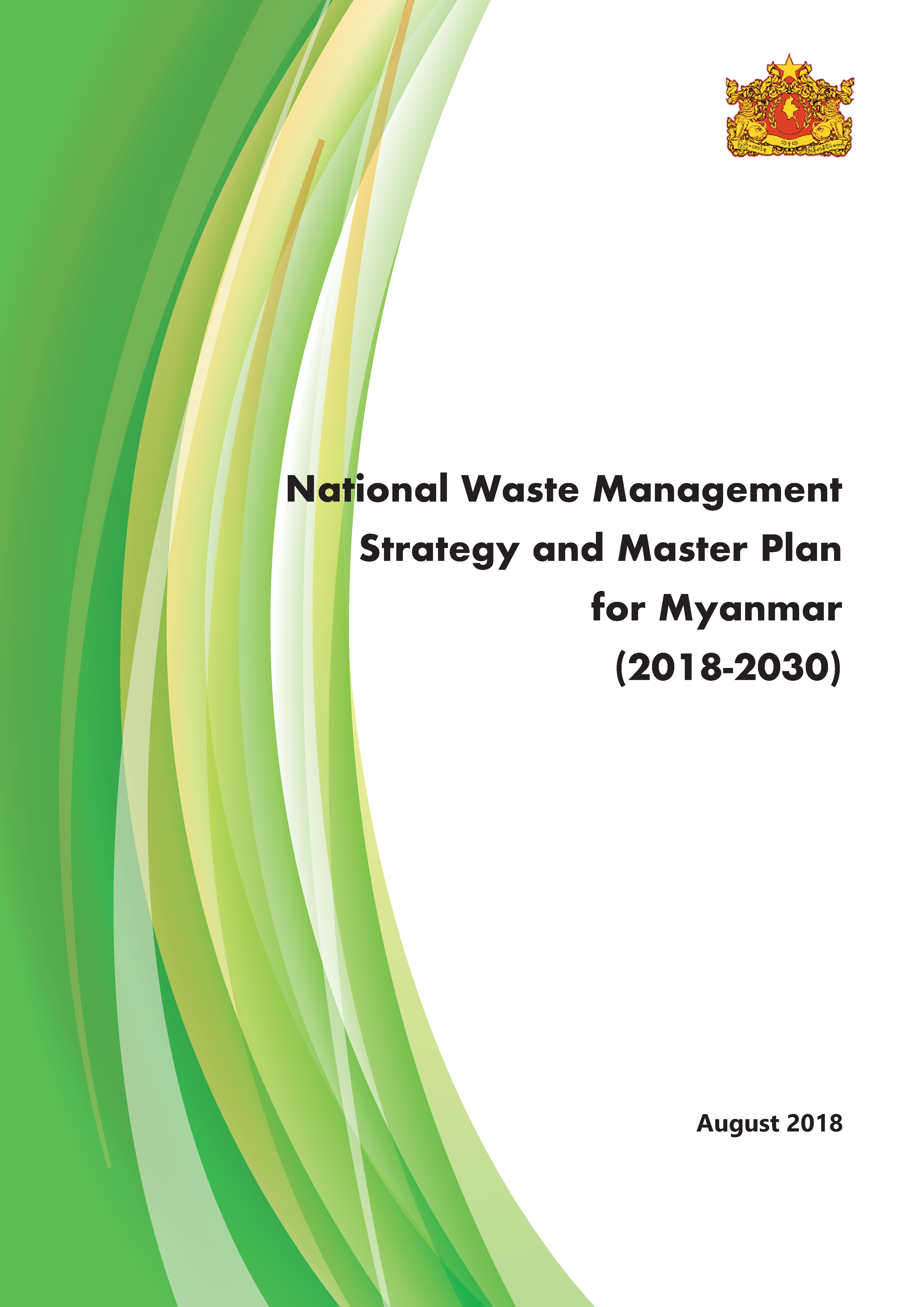This is part of the report for the 1st period (May 2022 to August 2023) of Project for the Development of Integrated Coastal Ecosystem Management System in the Republic of Mauritius, a JICA Technical Cooperation project. The work aimed to understand the current status of ecotourism and the potential of introduction of mangrove ecotourism in...
Keywords:





